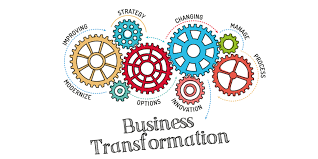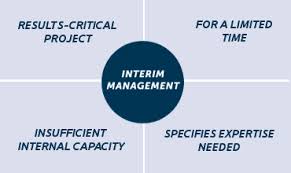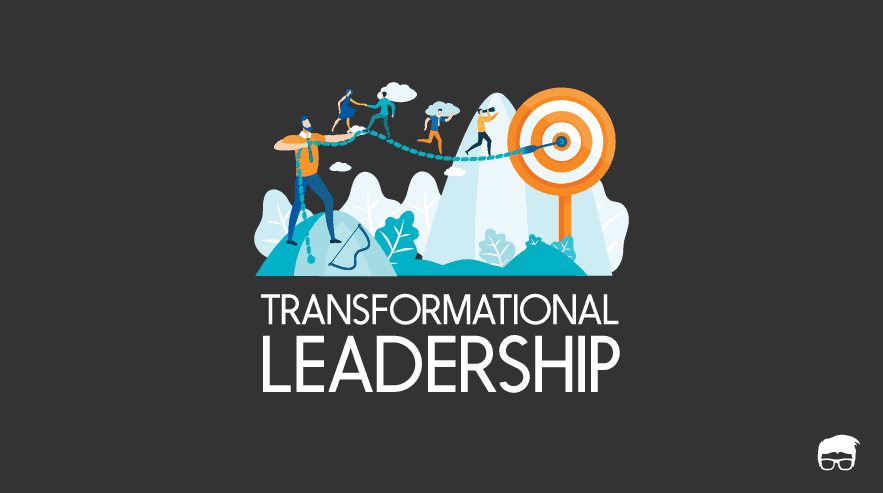Matrix
BLOG

Parker Merchanting is part of the Rexel group who are wholesale distributor of electrical consumable products to the construction and industrial sectors. Headquarters in Paris and publicly owned with gross revenue of 13.3 billion Euros with a workforce of 27,000 employees operating in 26 countries. Parker Merchanting is the UKs safety and site supplies consumable division to the construction sector, operating from 20 branches with it UK head office in Leeds including a national call centre.

Having operated in business for over 30 years I have seen first-hand the impact from many ERP transformational projects and whilst there were some successes stories the vast majority were not. Indeed, a recent research article identified that over 70% of transformational projects failed to achieve their business objectives (Mckinsey 2019) So why do so many transformational change projects fail and what lesson can be learned? From my experience there are five key areas which are the fundamental lessons learned from poorly executed ERP projects. 1. Don’t focus on Technical, focus instead on the Business. The common feature which successful adopters of ERP transformation have demonstrated is that they viewed their ERP implementation as a business transformation project and not as a technology project. The executive leadership team understood that a new ERP system will have more impact on the businesses than merely an IT upgrade. They get that it will have a significant impact on employees, business processes and the organisation's overall strategy. I would argue that too many organisations use ERP consultants who are more focused on technology and software functionality rather than people and processes. An alternative approach for organisations is to engage with change and transformational experts. These seasoned professionals are adept at engaging with people, securing their buy in and acceptance to design new robust business process supported by the new technology. Such an approach will ensure that business ERP transformational change projects land in the category of success and not failure. 2. Lack of Executive Buy-in The executive team will have approved the project budget, but they will need to form an executive steering committee to provide project governance and direction. The involvement of the Executive team ensures that the ERP implementation doesn’t become a technology project, but that it fits into the organisation's overall transformational strategy. This enables them to realise the subsequent benefits of improved customer service and sustained competitive advantage which are all associated with successful transformational projects. An experienced change expert is ideally placed to support the executive team as more often than not they have operated at executive level enabling them with the required gravitas and experience to support the senior leadership team. 3. Insufficient Business Process and Project Management When I work with clients, I help them to define and map out their current state utilising Lean Methodology Process mapping tools such as 'value stream mapping.' This brings much needed clarity which helps organisation's to define their ERP and digital transformational system requirements, whilst also revealing opportunities for improvement which will address legacy issues. The application of robust project methodology techniques is the key to ensuring success. Over the last 30 years I have observed and participated in numerous transformational projects, which has resulted in the development of a transformational change project model. The model outlines a number of key workstreams which should be given due consideration and tailored for every system implementation.

THE CLIENT G4S is one of the worlds largest outsourcing companies. Headquarters in the UK and publicly owned, with gross revenue of £7.3 billion and a workforce of 570,000 people worldwide. G4S FM division supplies the public sector and Government department with Total Facilitates Contracts which include a mixture of hard and soft services including the management of third party building maintenance contractors.

THE CLIENT OCS is one of the world’s foremost support services and FM companies. Headquarters in the UK and privately owned, with gross revenue of £1.0 billion and a workforce of 89,000 people worldwide. OCS Aviation division supplied Soft FM, laundry and product refurbishment services to major airlines operators from hub locations on Heathrow, Gatwick, and Manchester .

THE CLIENT Berendsen is part of Elis who are Europe's and Latin America’s largest textile, hygiene and facilities services partner. Headquarters in Paris and publicly owned, with gross revenue of 3.0 billion Euros and a workforce of 19,000. Berendsen Healthcare division supplied Hospital laundry linen and mop cleaning services to NHS and Private Healthcare hospitals in England and Wales. They are the largest provider of healthcare laundry services in the UK.



